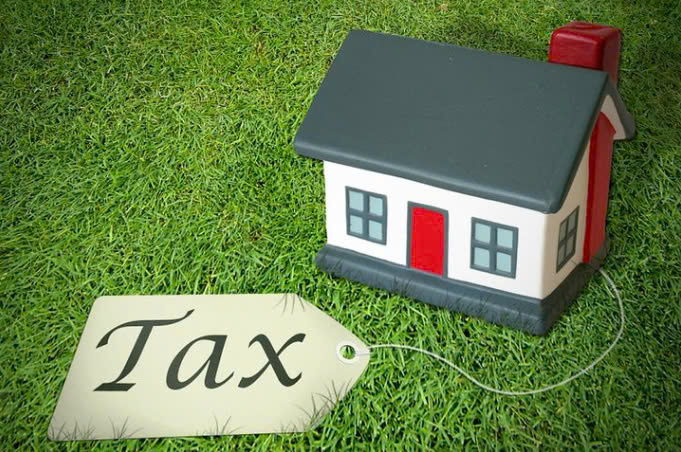In the context of an increasingly heated real estate market, curbing real estate speculation has become one of the key responsibilities for regulatory authorities. Real estate speculation not only drives up market prices but also creates instability and inequality in housing access. One effective tool to address this issue is tax policy.

Taxes can be used as a regulatory tool to mitigate speculative activities. One primary method is to impose higher taxes on short-term real estate transactions. Speculators often buy and sell properties within a short period to make quick profits. Thus, high taxes on such transactions can reduce speculative motivation, causing investors to carefully consider their transactions.
In Canada, the city of Vancouver has implemented a "vacant property tax" on properties that are not being used. This policy requires owners of vacant properties to pay a high annual tax rate. As a result, the number of vacant properties has significantly decreased, and many properties have been brought into use or rented out.
Similarly, in Singapore, the government has imposed high transaction taxes on short-term real estate deals. Speculators who frequently buy and sell properties have been deterred by these high taxes, leading to a significant reduction in short-term transactions and encouraging longer-term investments.
Tax policies can also be designed to encourage long-term investment, reducing speculation. For instance, reducing personal income taxes or capital gains taxes for investors who hold real estate for extended periods can incentivize sustainable investment. This not only helps reduce speculation but also fosters stable and developing communities.
In Australia, the "Negative Gearing" program allows real estate investors to deduct losses from property investments against their taxable income. This has encouraged investors to hold properties for longer periods and invest in property improvements.
Additionally, in Germany, the government has implemented tax incentives for investors who hold real estate for the long term. Under this policy, investors receive reduced income tax rates on property sales if they have held the property for at least 10 years. This policy has promoted longer holding periods, reduced speculation, and contributed to market stability.

For tax policies to be most effective in curbing real estate speculation, they need to be harmonized with other policies such as credit control and urban planning. Applying taxes without alignment with other policies can lead to undesirable outcomes and even exacerbate speculation in other areas.
The future of using taxes to curb real estate speculation depends on creativity and flexibility in policy design. Lawmakers must continuously monitor and adjust tax policies to align with market realities and societal needs. In this way, tax policies will not only help stabilize the real estate market but also create a fair and sustainable investment environment.
In the fight against real estate speculation, taxes are a powerful tool. However, to maximize their effectiveness, there must be coordinated efforts and a deep understanding of the market. Only then can we achieve the goal of creating a more stable and equitable real estate market for everyone.
Hotline
Hotline